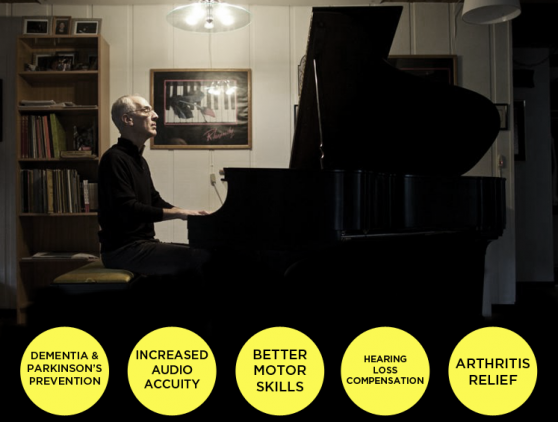The Benefit of Structured Piano Lessons in London
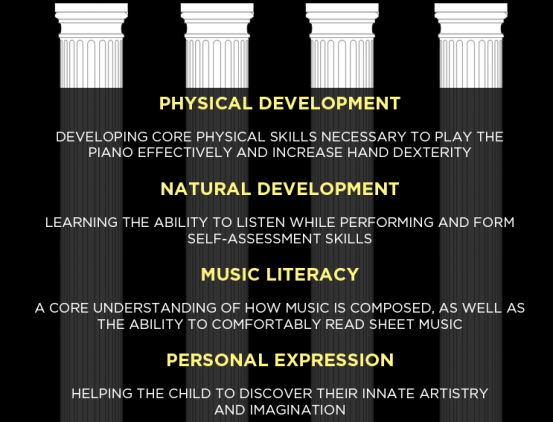
IN-HOME PIANO LESSONS IN LONDON
FOR ADULTS & KIDS FROM BEGINNER TO ADVANCED
Our piano instructors are all classically trained with a minimum of a Master’s Degree level of education and have graduated from highly reputable music schools and conservatories from all around the world including the Royal College of Music London (RCM), the Royal Academy of Music and Trinity Laban. Each teacher brings their own unique style of teaching and experience to the lesson to help ensure that our students get the best possible piano instruction whilst realising their full music potential. At Piano Lessons London our piano instructors all have the same goal in mind and that is to provide the highest quality education in a fun, energetic and welcoming environment.

Piano Instructor
Japanese pianist Mayuko Yamashita holds a Master of Performance (MPerf) from the Royal College of Music, London where she was awarded the John and Jean Redcliffe Maud Prize. She recently completed an Advanced Certificate in Music Education from NYU Steinhardt under the direction of Marilyn Nonken. With over twelve years teaching experience Mayuko’s students have gone on to win several piano competitions and receive great results in both the ABRSM and NYSSMA exams. She has appeared in numerous contemporary related projects including the BBC Proms where her performance was broadcast on BBC Radio 3. She has performed extensively not only in her native country of Japan, but also in the USA, UK, Spain, Finland and Australia. Mayuko is the founder of several music schools including NYC Music School, Tokyo Piano School, Piano Lessons NYC and Piano Lessons London. She currently teaches piano lessons to over 55 students privately along with being an accompanist at several ballet schools. Recently, Mayuko was one of only 40 people selected to participate in the 2016 Orléans Concours International Piano Competition in France. Mayuko incorporates sight reading, solfège, interpretation, improvisation by understanding music theory and Russian piano techniques into her piano lessons.
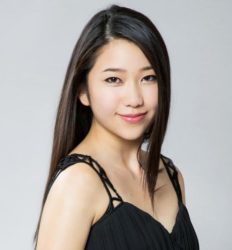
Piano Instructor
Born in Tokyo, Japan and moving to Budapest at 16 as a Rotary Youth Exchange Program student, Eri continued her studies at the Franz Liszt Academy of Music in Budapest, where she was awarded her BA and MA with highest honors, as a Stipendium Hungaricum Scholarship receiving student, organized by the Hungarian government. After that, she moved to London to further her skills at the Royal Academy of Music pursuing a Professional Diploma course. Currently she has an Exceptional Talent – Promise visa, UK artist visa. Eri has won numerous prizes and awards, including being placed first and recital concert prize in the Citta di Barletta’ Italy, the Special prize and CD recording prize in the International Piano Competition ‘City of Vigo’ in Vigo, Spain, and received several other prizes throughout Europe and Asia. Performing as a solo pianist, she worked with the Szolnok Symphonic Orchestra, directed by Akira Senju. Having recitals throughout Europe and Japan, Eri successfully performed at the Chopin Birthday Festival in Warsaw, Poland, and the Ceremony in front of the Hungarian Prime Minister, Budapest, the Takashimaya special salon concert in Tokyo, Japan to name just a few. Concert engagements have not been limited to solo performances, and Eri enjoys a successful career as a chamber musician and accompanist.
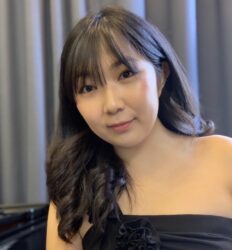
Piano Instructor
Born in Los Angeles California, Eri has a Masters Degree in Piano Performance from the Guildhall School of Music and Drama. She has performed at the Weill recital Hall in Carnegie Hall, NYC and has given solo recitals in the US, UK, and Japan. Eri has been awarded numerous international piano competition awards including, the American Protégé International Competition, LA Young Musician International Liszt Competition, LA Young Musician International Competition, and Social music work competition. Recently, Eri received 1st place for the Great Composer Competition, Best Debussy Performance and for the Glory International Music Competition in August 2018. She was also the finalist and winner of the MTAC Final State Solo Competition. Besides awards, Eri was a member of the Young Musician Foundation Chamber music series and had the privilege of performing for a live radio broadcast at the LACMA. She has also performed in many charity concerts including Red Cross, Japan Tsunami Relief, and First Lutheran Church. During her undergraduate years, Eri accompanied for over 20 music students and was the pianist for the school Symphony Orchestra. Eri has been teaching private piano lessons since 2015 and was the head instructor at Azusa Conservatory of Music and 88 keys Piano Academy in California.
Please Click To Scroll
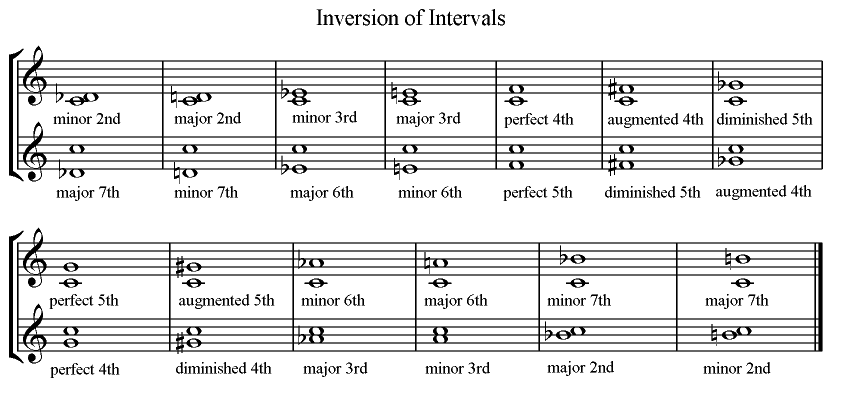
Music theory is the study of the structure of music. Or more simply put, it’s the language used to talk about the music we hear and play. Learning music theory is one of the most important things a musician can do as it helps them to not only become better performers, but also have a better understanding of the music they are playing and hearing. It also makes musical activities such as performing, composing, improvising, arranging, teaching music, or getting a music degree much easier once one gains a basic understanding of music theory.
During our piano lessons students will learn a range of different music theory subjects. The first thing we teach is notation which covers the staff, clefs, note names, rhythms, rests, intervals, meter and time signatures, key signatures, and dynamics. Students will also be taught about scales and chords (harmony), melodies, phrases, and musical forms. Whether you are an absolute beginner or already know a lot about music theory our piano lessons are individually tailored to cover everything from the most basic scales to the most advanced notation.
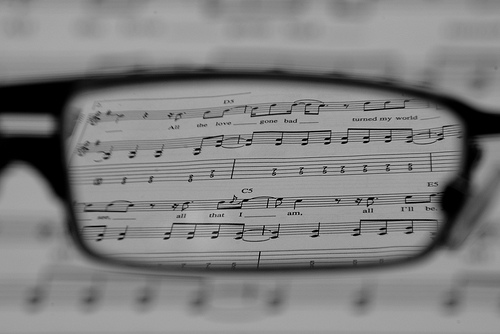
Sight-reading by definition is the reading and performing of a piece of written music that the performer has not seen before. It is also referred to as prima vista, which translates to “at first sight,” which is exactly what we teach our students to master: the ability to read and play a piece of music upon first sight. Just like learning to read words, learning how to sight-read music takes a lot of practice and discipline until it eventually becomes second nature. In each of our piano lessons, students are given a range of different tasks and activities to help them increase their sight-reading ability. They not only become adept at playing the notes accurately, but also learn to read and anticipate the changing dynamics in speed and volume as written.
Our exercises focus on honing students’ short-term musical memories to allow them to read ahead while playing a piece so that they play it correctly when they get to that section. Often highly skilled musicians can sight-read silently, meaning they can look at printed music and hear it in their heads without playing or singing it. All musicians are required to have good sight-reading skills as this makes learning new pieces much easier and quicker. As a result students are more likely to try learning new pieces of music by themselves, making them stronger and more well-rounded performers.
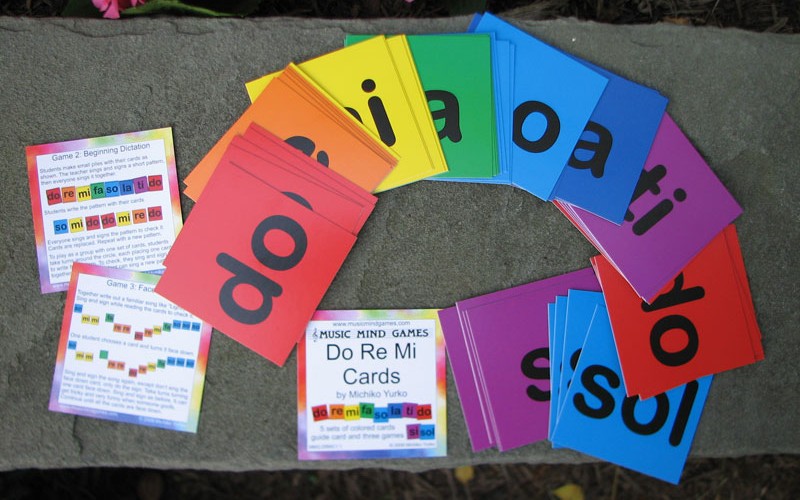
In music education, solfège is a method used to teach students pitch and sight singing. At Piano Lessons London we teach solfège using the Kodály Method at every level of music education, from beginner through to advance. The study of solfège enables the student to audiate, or mentally hear, the pitches of a piece of music which he or she is seeing for the first time and then to play or sing them aloud. Solfège study not only improves recognition of musical intervals but also strengthens a student’s understanding of music theory.
During our piano lessons, we assign each notes of a scale a particular syllable, and then ask the student to practice them by playing different note sequences using these syllables. The sequences get gradually more difficult in terms of intervals and rhythms used as the student progresses. The seven syllables we use for this practice are: do (or doh in tonic sol-fa), re, mi, fa, sol (so in tonic sol-fa), la, and ti, which makes learning and practicing solfège extremely intuitive for players of all levels.

Whilst music theory, sight-reading, and solfège are all used to train a musician’s ears to recognize intervals and chord qualities, learn how to perform melodies and rhythms accurately at sight, and practice writing down musical examples upon hearing them, Musicianship is about training the student not just to be a player of piano, but to be a true musician.
Many pianists are great technically, but they lack that something special which usually separates the great from the average. Good musicianship involves not only understanding how to use the piano but how to convey your story or message to the audience using emotion, passion and flair, allowing you to interpret a piece of music in an original and inventive way while still remaining true to the written score. During each piano lesson students are encouraged to feel the music they are playing and to improvise rather than to simply follow what the teacher is reciting, helping them to develop their confidence and own unique identity as a musician.
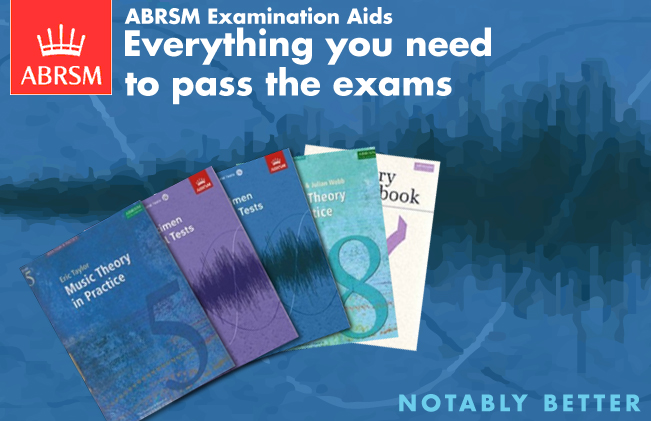
Whether you have an upcoming ABRSM exam or audition our team of experienced piano teachers are all familiar with the length of time it takes to prepare for each exam and the care needed to ensure that the most appropriate and appealing selection of pieces is presented. Preparing for an ABRSM exam takes careful planning and an awareness of the importance of including all aspects of the exam in the piano lessons on a regular basis.
Prior to any upcoming examination we help our students choose suitable pieces for the exam and make sure they have selected the right combination from the correct syllabus. We also incorporate at least a few minutes’ aural training and sight-reading into every piano lesson as well as giving them a mock exam well before the actual event. Our students are also encouraged to perform the pieces to their family, relatives, and friends and to work through several sample papers before the exam so that they get used to the sort of questions that will be asked while staying within the time limit. Finally, we help students to develop their confidence in themselves and their abilities through practicing walking into a room and setting up to perform, as these are often the most nerve-wrecking moments before the actual exam.
My son Justin has been taking piano lessons with Ikuyo for approximately one year now and I couldn’t be happier. My son is only 5 years old but is able to concentrate for the full 30 minute piano lesson as they are always fun and well prepared with games and activities. Ikuyo is incredibly patient and highly skilled when it comes to teaching the piano.Laura Clarke
I highly recommend Ikuyo as a piano instructor to any potential students looking to start piano lessons as an adult. I am in my 30s and was a complete beginner when I started. I was initially looking for a new hobby after work and reluctant to start learning an instrument. However, after six months of lessons I couldn’t be happier. My piano lessons have been incredibly therapeutic for me and I’ve made significant progress in such a short time. Ikuyo’s piano lessons are very well structured and easy to understand for anyone who has never played before.Jon Edmonds
As our schedule is constantly changing we recommend you get in touch via the contact form below with your preferred day and time and we will get back to you.

